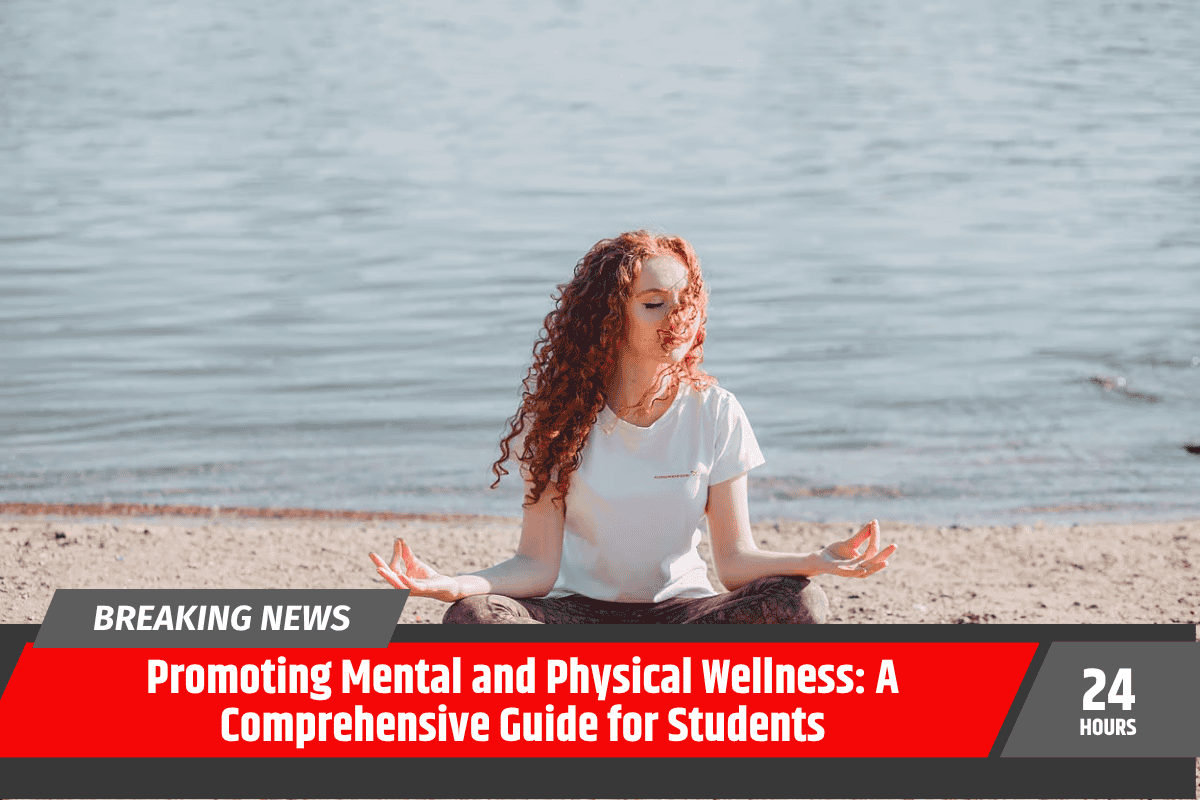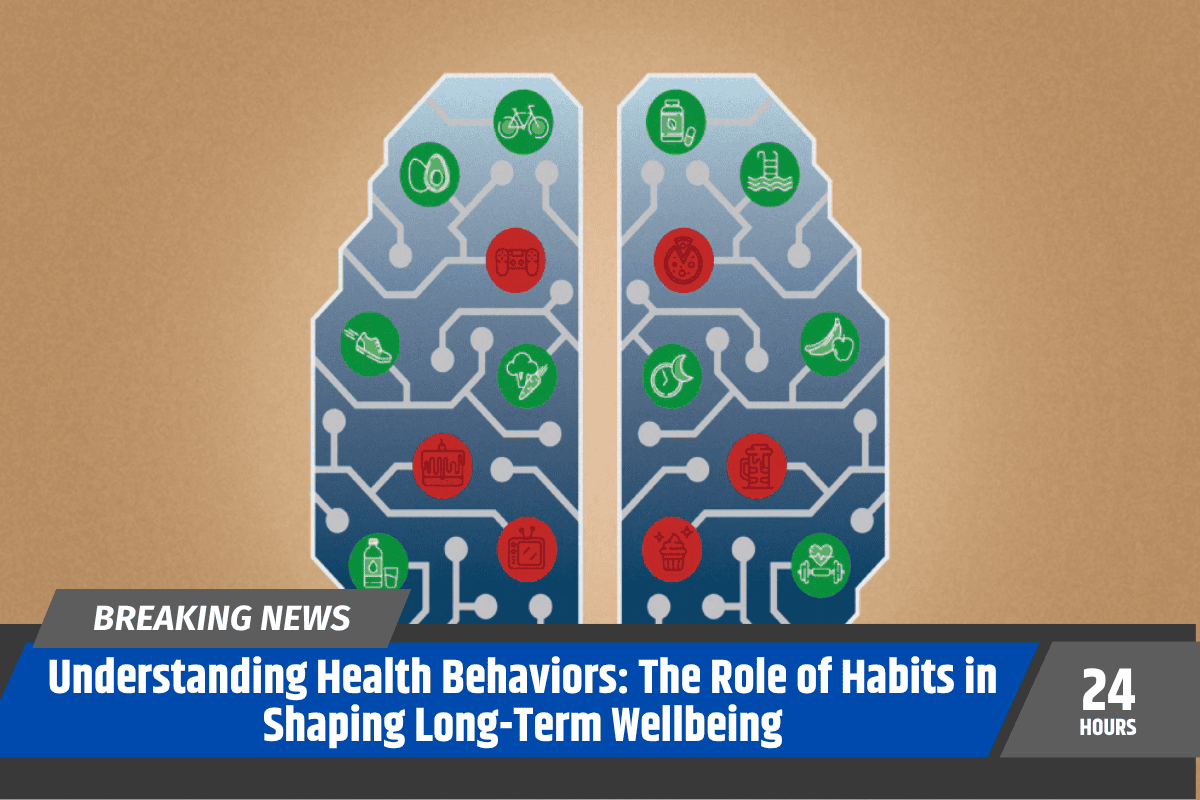In today’s fast-paced world, students face a wide range of pressures, from academic challenges to social expectations.
This can often result in stress, anxiety, and neglect of physical health. It is crucial for students to focus on both their mental and physical wellness to lead a balanced and healthy life. This guide will explore simple and effective ways to improve mental and physical well-being for students.
Importance of Mental Wellness for Students
Mental wellness is just as important as physical health, and it can significantly affect a student’s performance in school and their general well-being.
Mental health issues, such as stress, anxiety, and depression, are common among students due to academic pressure, social relationships, and personal challenges. When students ignore their mental health, it can lead to burnout, poor concentration, and decreased motivation. To thrive academically and socially, it is essential to pay attention to mental wellness.
Tips for Boosting Mental Wellness
- Practice Mindfulness and Meditation
Mindfulness and meditation are excellent ways to relieve stress and increase focus. Even spending 5-10 minutes each day practicing mindfulness techniques can help students clear their minds, reduce anxiety, and stay calm during exams or stressful situations. Apps like Headspace or Calm can be helpful for beginners. - Develop a Healthy Routine
A consistent routine helps students manage their time effectively and reduce stress. A balanced schedule that includes time for study, rest, meals, and leisure activities can prevent burnout. Establishing healthy sleep habits is also vital, as poor sleep negatively impacts mood and concentration. - Stay Connected with Others
Social connections play a big role in mental wellness. Having friends, family, or mentors to talk to can help students deal with their problems. Regular social interactions also promote feelings of belonging and can reduce feelings of loneliness or isolation. - Seek Professional Help if Needed
It’s important to know that seeking help for mental health issues is not a sign of weakness. If stress, anxiety, or other mental health problems are overwhelming, talking to a counselor or therapist can be incredibly beneficial. Many schools offer counseling services, and there are also helplines available for students in need.
The Link Between Physical Health and Mental Wellness
Physical health and mental wellness are deeply connected. Regular exercise, a nutritious diet, and adequate sleep are essential for both body and mind.
When students neglect their physical health, it can lead to tiredness, stress, and even mental health issues like depression. On the other hand, taking care of the body can have positive effects on mental clarity, mood, and overall resilience.
Tips for Improving Physical Health
- Engage in Regular Exercise
Exercise is one of the best ways to boost both mental and physical health. It helps reduce stress, improve sleep, and enhance mood by releasing endorphins, the body’s natural mood boosters. Students should aim for at least 30 minutes of physical activity daily. This could include walking, jogging, yoga, or playing a sport. - Eat a Balanced Diet
A healthy diet is key to maintaining energy levels and overall health. Students should focus on eating a variety of fruits, vegetables, whole grains, and lean proteins. Avoiding excessive junk food and sugary drinks can prevent energy crashes and promote better concentration. Drinking plenty of water throughout the day is also important for staying hydrated. - Get Enough Sleep
Sleep is often overlooked, but it is crucial for both physical recovery and mental clarity. A lack of sleep can affect a student’s memory, attention span, and mood. Most students need around 7-9 hours of sleep each night. Establishing a regular bedtime routine and avoiding screen time before bed can help improve the quality of sleep.
Balancing Academic Life with Self-Care
One of the biggest challenges for students is balancing their academic responsibilities with self-care. It can be difficult to find time for relaxation and exercise when homework and exams take up so much time.
However, prioritizing self-care is essential for long-term success. Students should set realistic academic goals, break tasks into smaller steps, and take regular breaks to avoid mental fatigue.
Promoting both mental and physical wellness is essential for students to lead a balanced, successful life. By practicing mindfulness, following a healthy routine, staying connected with others, and taking care of their physical health through exercise, nutrition, and sleep, students can improve their overall well-being.
Mental and physical health go hand in hand, and making self-care a priority will help students manage stress, perform better academically, and live a happier, more fulfilling life.





